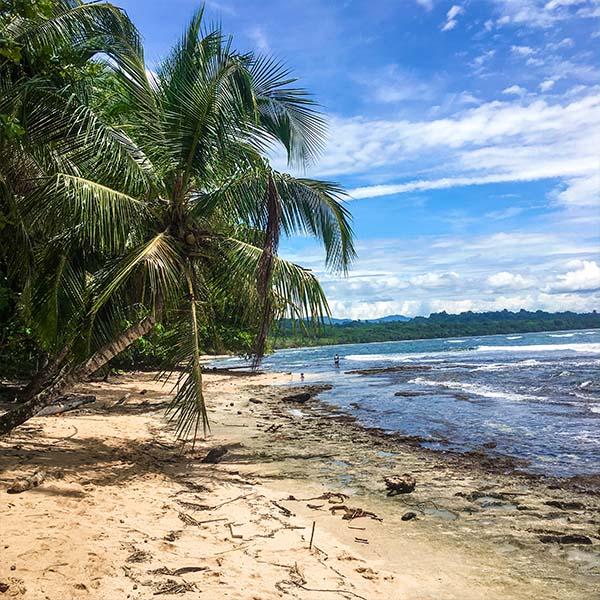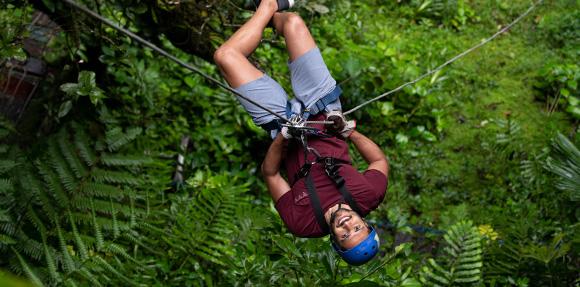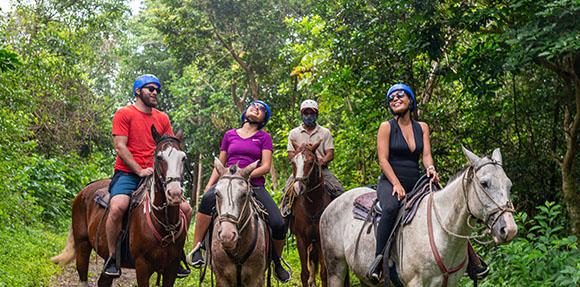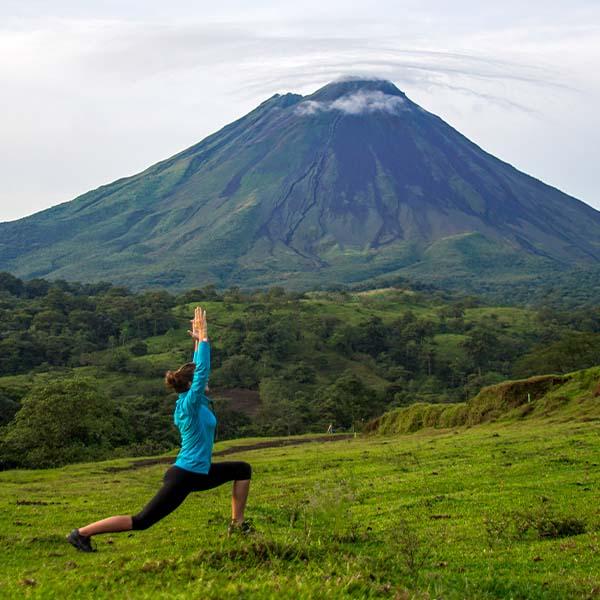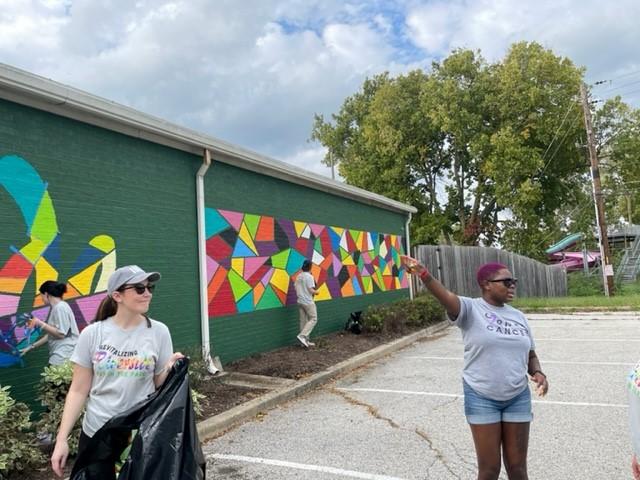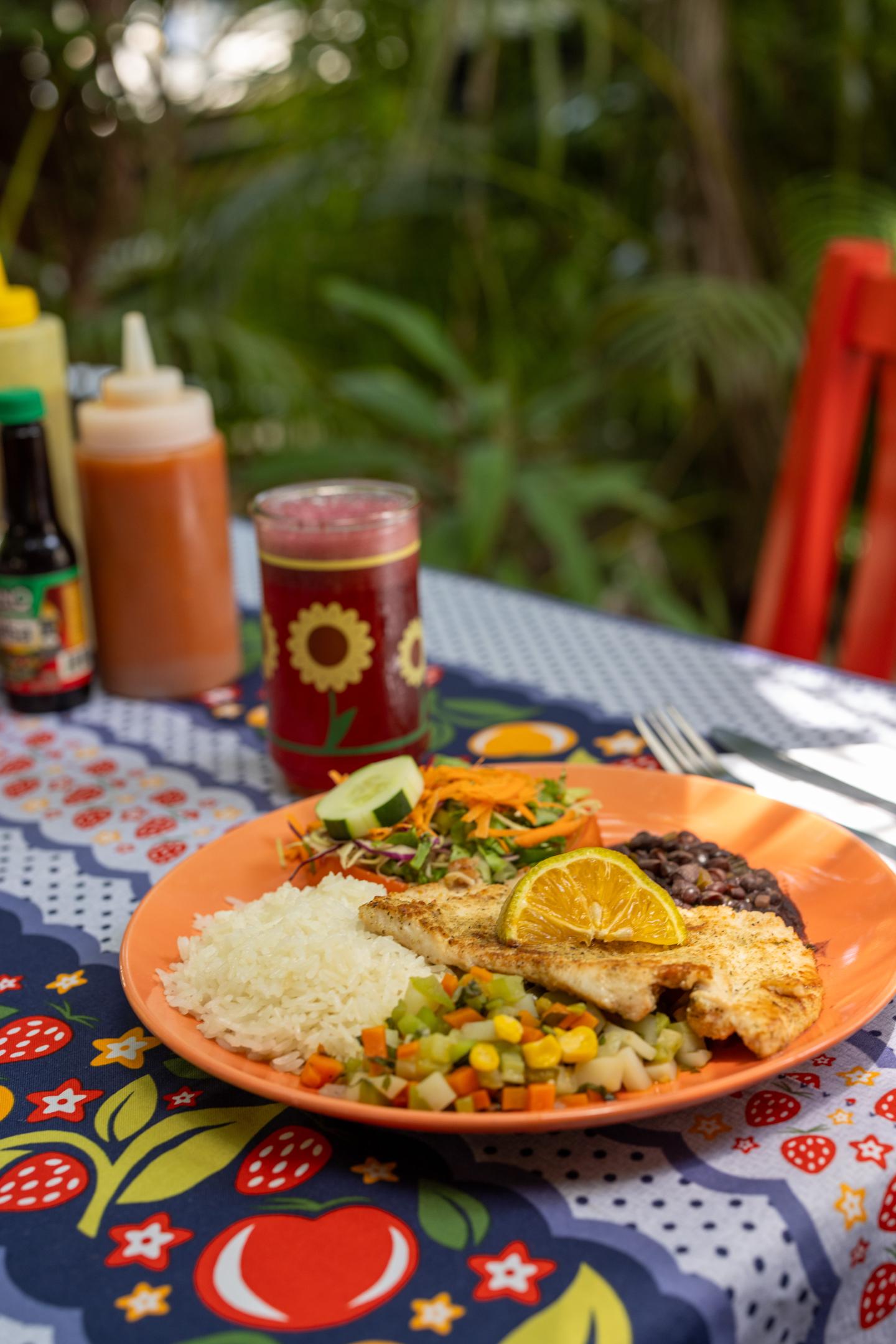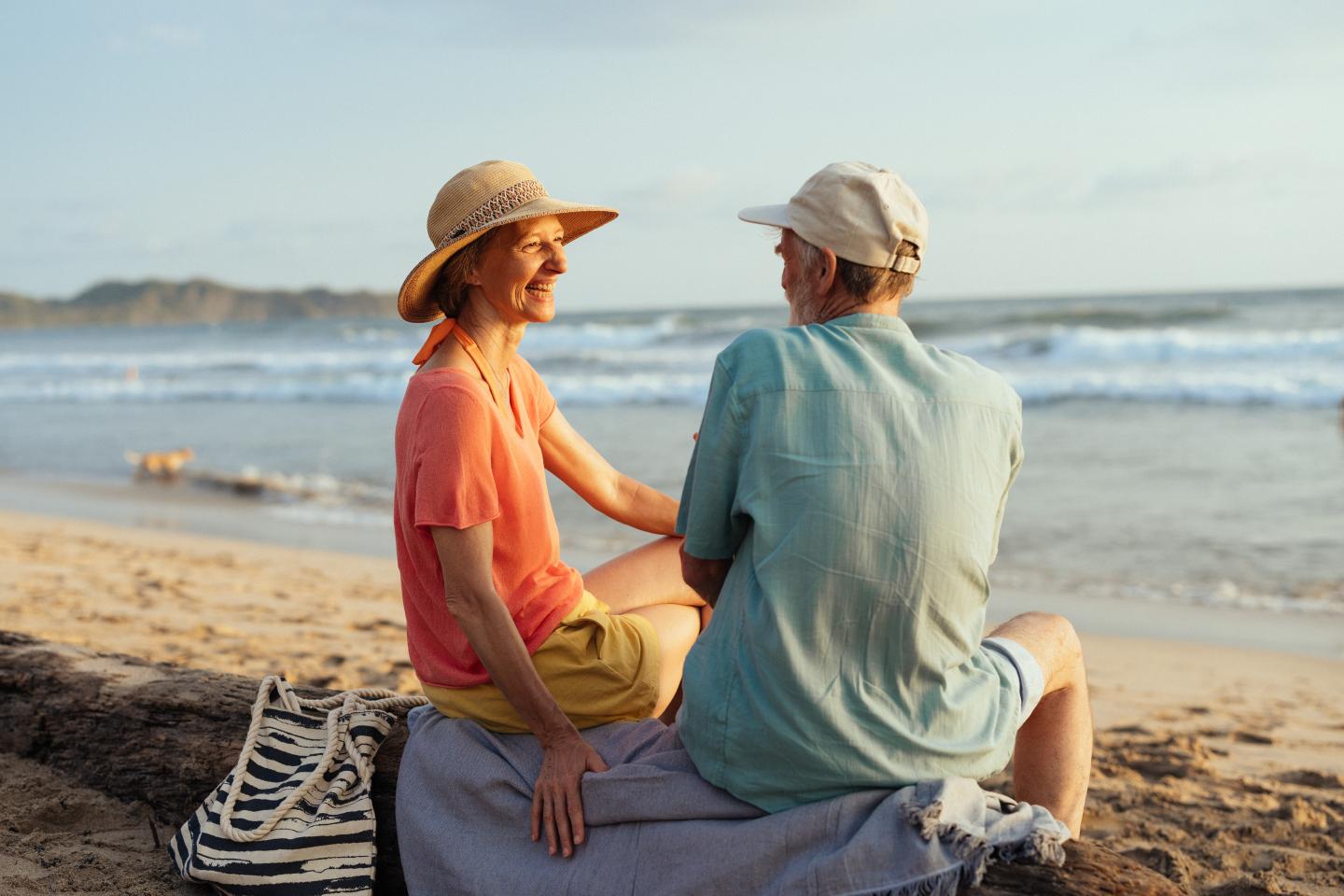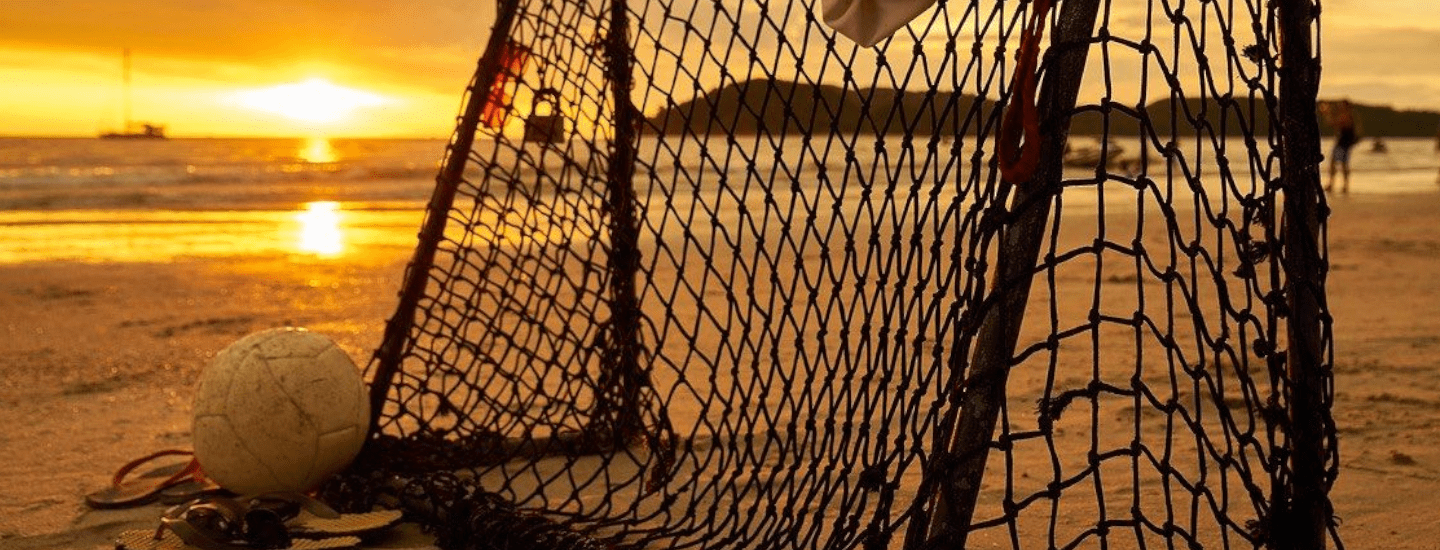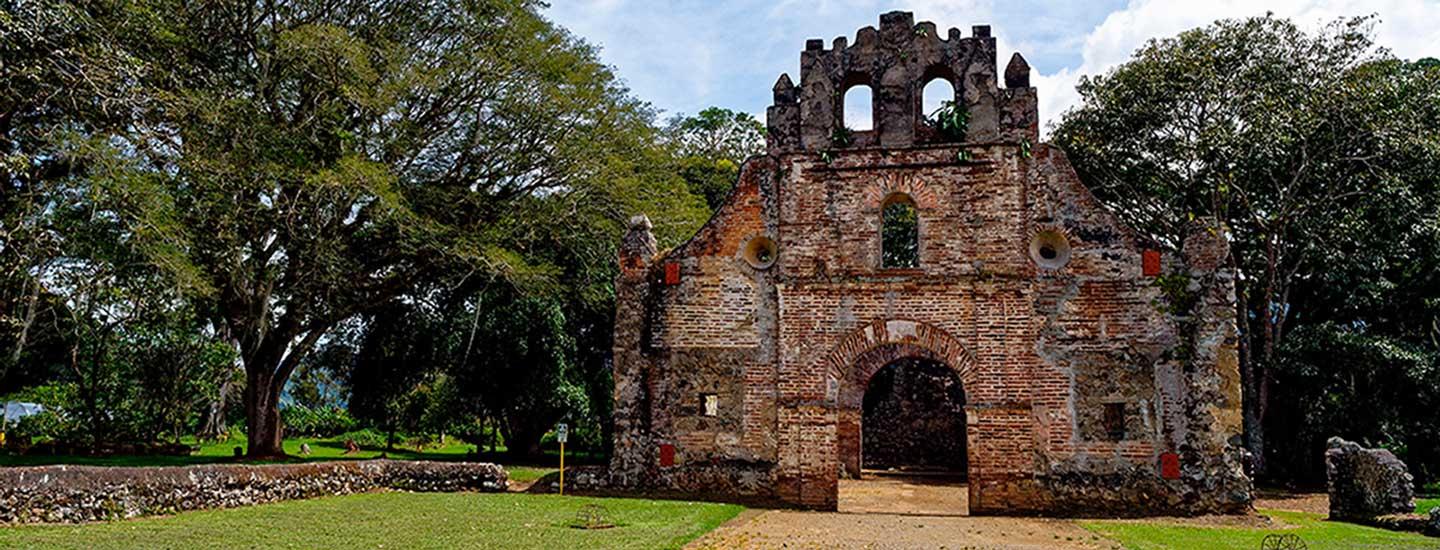tico culture
We are the land of pura vida – a friendly, multicultural and multilingual people descended from a fusion of immigrants, including Africans, Chinese, Jews, Lebanese and Italians, and the Indigenous people of the Bribrí, Cabécar, Maleku, Teribe, Bruca, Ngäbe, Huetar and Chorotega groups.
Costa Ricans have more than a century of democratic traditions. We abolished our military in 1948 and instead invested in improving citizens’ standards of living. This people-first policy speaks directly to pura vida and helps maintain Costa Rica’s social peace.
expressions of our culture
Visitors can experience the Costa Rican soul – and sometimes even take a bit home with them. We invite you to enjoy the music, dance, theater and cinema, and shop for unique art and handicrafts. Explore community-based rural tourism while you’re here to experience local farms and remote communities. Immerse yourself in the culture, and you’ll see just how wonderful and welcoming Ticos are.
plan your trip
FAQs and tips
No, with a legal driver’s license you can drive for three months in Costa Rica.
Yes, the water is potable in most of the country. We would only recommend bottled water in a few rural areas. Bring your reusable water bottle to decrease your footprint while you’re here. When starting your adventure for the day, fill up your bottle before you leave because refill stations may be a long trek to locate.
The colón is Costa Rica’s currency. U.S. dollars are also widely accepted.
All major credit cards are widely accepted. ATMs are located throughout the country.
Travelers from the following countries must have received a yellow fever vaccination certificate: Angola, Benin, Ghana, Burkina Faso, Cameroon, Democratic Republic of the Congo, Gabon, Gambia, Guinea, Liberia, Nigeria, Sierra Leone, Sudan, Bolivia, Venezuela, Brazil, Peru, Colombia, Ecuador and the Republic of Guyana.
share your experience
#VisitCostaRica
No two trips to Costa Rica are the same. Share your beautiful moments with us and with everyone who connects with pura vida.
